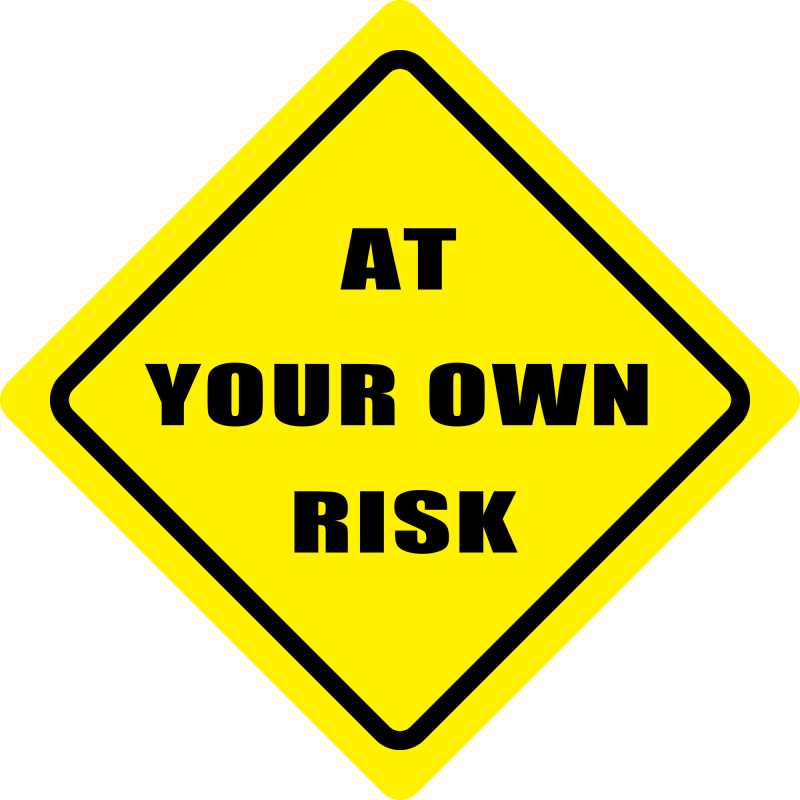The GLP aggregated and excerpted this blog/article to reflect the diversity of news, opinion and analysis.
But beyond putting the risk in perspective and explaining IARC’s listing system, there’s another important aspect to this meat-cancer story that needs consideration. Why do some carcinogens freak us out more than others, regardless of the actual number of cases each one is likely to cause?
As Paul Slovic, a pioneer in risk perception, has put it, “risk is a feeling.” It is not just based on the facts. It’s mostly a product of how the facts feel.
Compare the reaction to the IARC designation of processed meat to its listing of two other probable or possible carcinogens: radiation from mobile phones, and the pesticide glyphosate. Here you can see how emotion shapes how we perceive and respond to risk.
Processed meat is the only “known carcinogen” of the three. It’s getting lots of attention now, but that attention is likely to fade. Why? Well, we like our bacon. The more of a benefit we feel we get out of some product or behavior or choice, the more we tend to play down any risk that may come with it.
Compare the response to IARC’s listing of glyphosate as a 2A “probable carcinogen.” Why it evoked more persistent concern than the listing of other threats? Glyphosate doesn’t endanger more people. But it is…
- A human-made (unnatural) industrial chemical.
- Made and sold by Monsanto, a company vilified by environmentalists.
The problem with emotion-based responses to risk is, we sometimes make choices that feel right, but which may actually increase the danger.
Read full, original post: Now that It Causes Cancer, Are You Going to Give Up Your Bacon? How About Your Cellphone? Or Your Pesticides?































